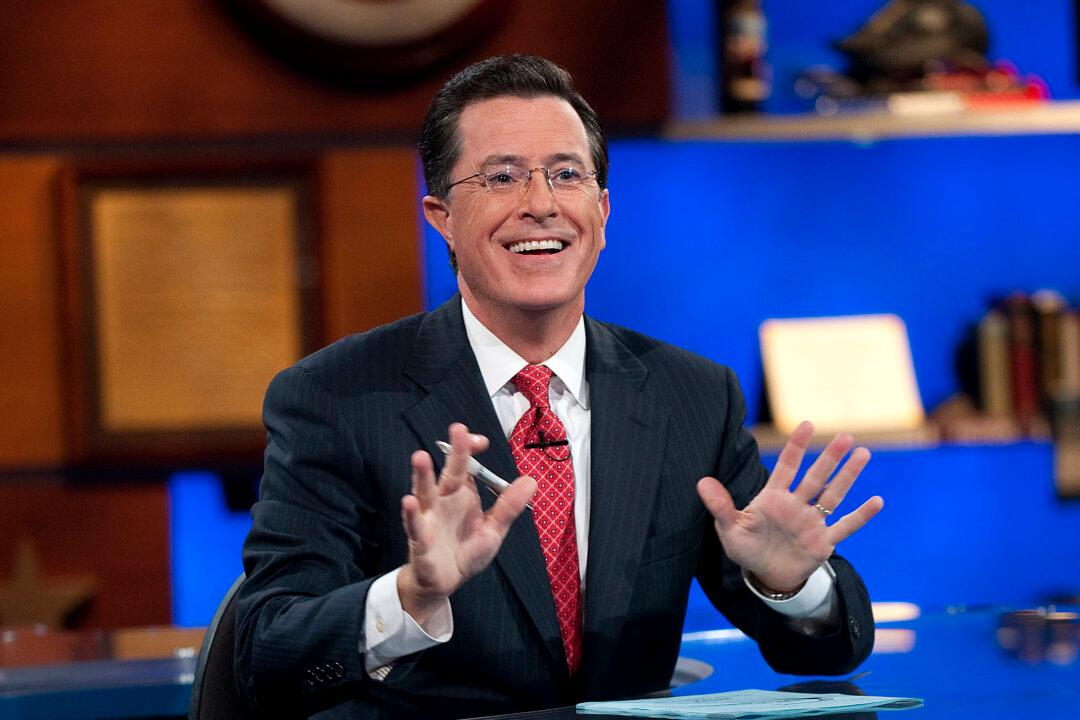China hasn’t only created knockoff versions of iPhones and Coach bags. They’ve also stolen ideas from popular TV shows and films to create substandard rip-offs riding on the success of their American counterparts.
A week ago, the Copyright Society of China admitted that plagiarism, unauthorized broadcasting, and other forms of copyright theft frequently occur in China’s film and TV industries, according to Xinhua, a state-run newspaper.
Interestingly, Chinese internet users, fed up with widespread plagiarism in China, were often the first ones to point out the ripped off content. Some people blame the State Administration of Radio, Film, and Television—though quick to censor anything “dangerous” or “subversive,” they do little to combat proliferant copyright theft in China.
1. A Colbert Report Knockoff
In January 2014, The Banquet, a Chinese show broadcasted by Ningxia Satellite TV, was found to have plagiarized the popular American late-night talk show, the Colbert Report. The opening theme song and video footage were almost identical.
Courtesy of Sina Weibo, here are some side-by-side video snapshot comparisons of the two openings.






